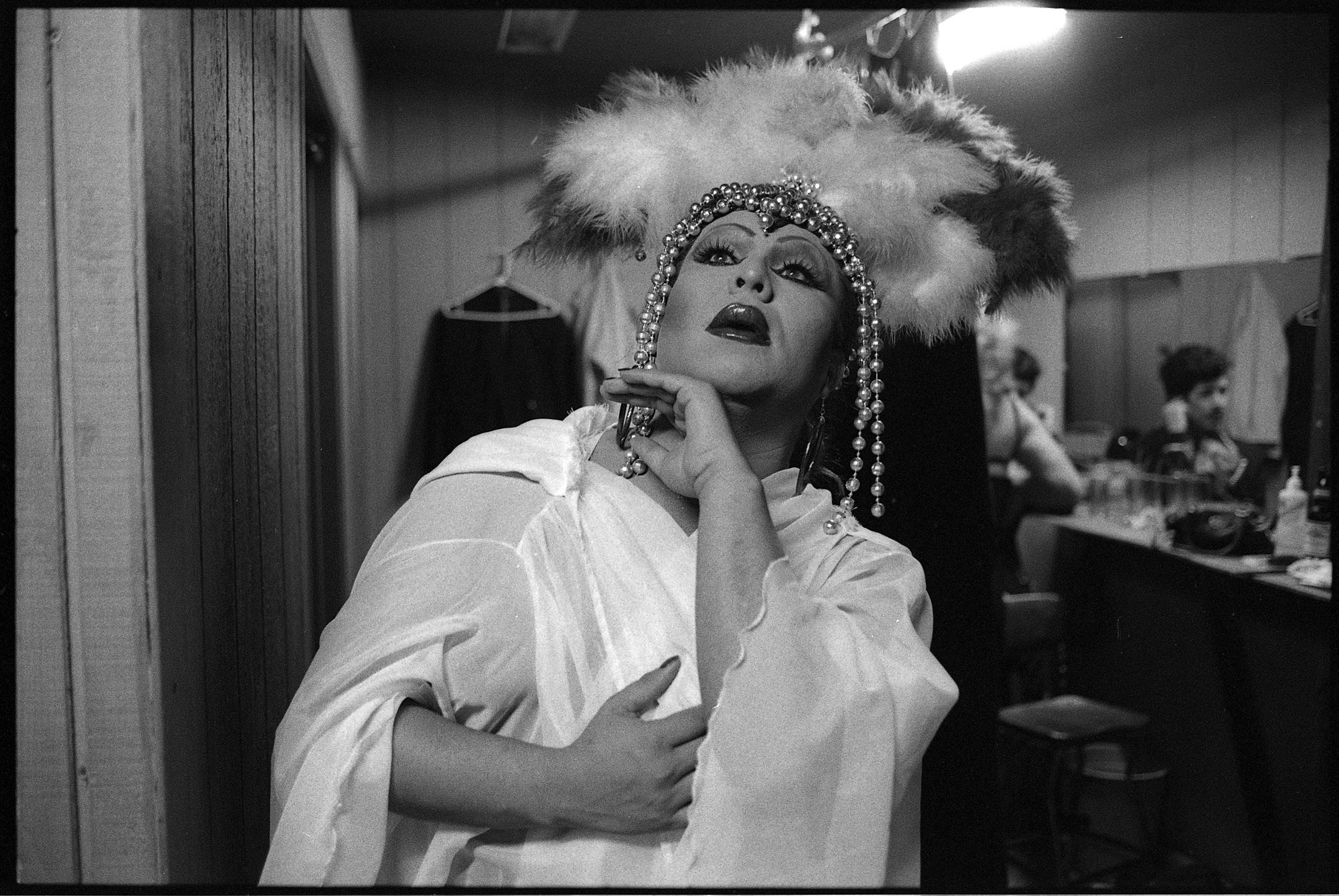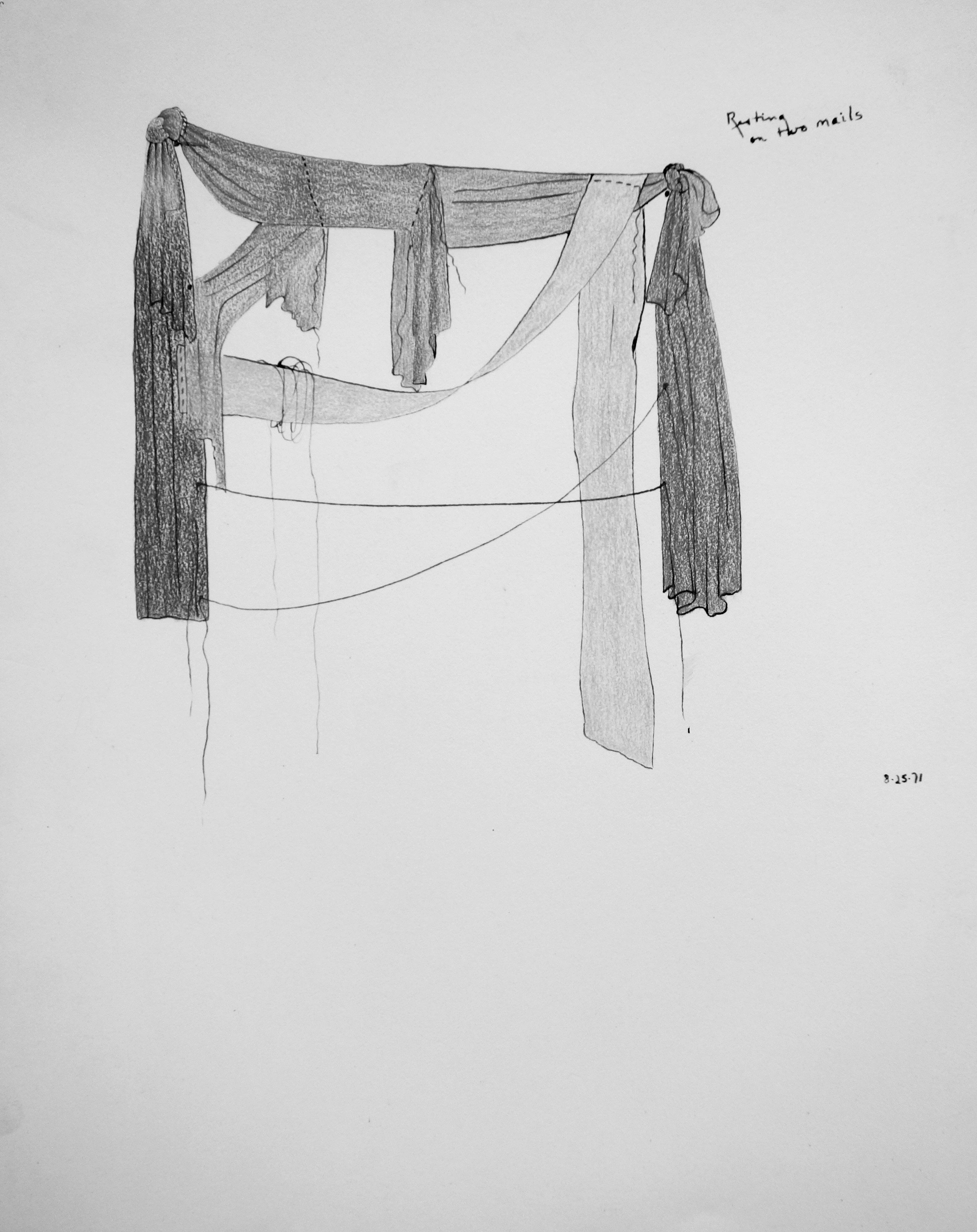
8 minute read
AGAINST GRACE
JULIAN RANDALL
For those who don’t remember or chose to forget, there is a video of an ashhaired President Barack Obama singing “Amazing Grace” in a church in South Carolina. Everyone behind him is Black and draped in long church robes, deep purple like elegies. It is the summer, and everything is slick; it is the summer and a toll must be paid. From my room in Philly the wi-fi is shaky, and everyone behind Obama flits between tulips and bruises, depending on the lag. There is a funeral going on that seems to have been going on all year. Obama opens his mouth, he says a new version of what we always say about goodness, about possibility. Nobody says the word “assassination,” nobody says
Advertisement
“betrayal,” everyone sings along. The song stutters in like a wave and nobody says forgiveness but it’s implied and encouraged. I sink sweat into the mattress, I look at the window and think about mercy. I leave the clip on a loop and all along the internet some folks say it is one of the best speeches of Obama’s presidency. I rise to get a glass of water I have been thinking about for over an hour and I can see the outline of myself on the bed; it is June, I can see myself evaporating.
More unites Black people than song, and less unites Black people than nonBlack people seem to believe. I, for instance, am related to zero percent of the Black people I have been asked if I am related to, I don’t know most people’s Black co-workers or the “guy that used to date my cousin.” I know very few people in the grand scheme of things, and I prefer it that way. What does unite every Black person I’ve ever known — whether they phrased it this way or not — is at least once in their life, being compelled to thank or forgive white people for something that a Black person could never do. If the roles were reversed, they would have killed us. Silence is not always silent, but it is always a form of gravity.
Grace is also not always silent. Sometimes it is a tooth falling into a palm, and that palm never curdling into a fist. Let me backtrack: Once when I was seven, I was in the process of losing a tooth. Everyone knows that this process can take a while, and it had been weeks of this canine threatening to break its tether once and for all from my small body. One day during recess, I was a seven and a white boy was seven and all the violence we had ever intended prior to that day was theoretical; fights were a sound we made with our mouths; we always won and never bled. Even when he did actually punch me, I don’t remember it as a fight. Rather, the fist arrived as a curiosity, a question asked in the eye of the storm that was the world. But maybe I misremember, maybe he knew exactly what he was doing. Regardless, the little tether snapped, and my mouth tasted like copper and then like a mouth again. I caught the tooth; I didn’t swing back; I feigned thanks for relieving me of the burden of it. Thanks to him, I no longer had to wonder when the tooth would fall out. This is not the youngest age I can remember things, but it’s maybe the oldest thing I have ever remembered: the moment when I realized that I could win this fight, but I also knew that I would lose in some larger and more irretrievable way. I told my family what happened, I told them it was an accident and maybe believed it. Even as a child, I managed to reach into that well of goodness, I reached for the religion of believing the best of people who put blood in my mouth. I was Black, I was good, I got to stay where I was put. I placed the tooth beneath my pillow, in the morning there were two faded dollar bills, pulped and soft like feathers. The memory feels almost too cinematic — that tooth falling into my palm; a single slow hailstone that never melted, but disappeared all the same.
In the two most famous clips I know of, Obama has a tendency to start singing before he starts singing. Obama is measured, graceful, clearly hyper aware of what his voice can and cannot reasonably pull off. He doesn’t just start belting but kinda two steps his way into it like an Uncle wading into a soul train line. In the clip of him at the Charleston funeral he is shaking his
head, a mightcouldbe under his tongue, as he says “Grace” over and over again, like it’s pulling him toward something. The whole thing seems almost spontaneous, who am I to say it wasn’t? Those first notes come out flat if we’re being honest, but maybe the song is tired too. A storm can only rage in memory for so long, or so I’m told.
The history of “Amazing Grace” as a song is a story of transformation, but it has been told out of order so many times that the bones of it have healed crookedly and now the grace is less about healing than it is a history of manageable pain. Part of the mythos is true: John Newton, the writer of the song, did eventually become an abolitionist, and he did write it as a result of being the captain of a slave ship passing through a storm that threatened to drown him but through which he passed. He stayed in the slave trade for another five years after finding religion, convenient. He wrote the song roughly 24 years after the storm, for him, had passed, convenient. In the version that me and some of my homies grew up with, everything is a bit more immediate, some of us even were brought up believing, as I did, that Newton wrote the song with the storm still rolling over him. Epiphany is funny like that; it can be made to look very spontaneous even with the dead lying at one’s feet.
The summer that Obama sang was belligerently hot, death made it hotter. I remember what it was that summer — watching Obama call the names of those assassinated by the coward Dylann Roof, saying they “found that grace.” I remember wondering if this was the fate of Blackness to be shot by a stranger you prayed over. I remember learning the cops brought him some Burger King; I remember not even having the energy to perform surprise. Heat is a strange government, it can make you beg for rain, it can make you thank the storm.
Forgiveness, or something like it, has always been prescribed as Black people’s superpower. whiteness necessarily has a parasitic relationship with that forgiveness. I’m done indulging it. If I am quiet it is only because I have spent my adulthood trying to pry the blood-thick leech of white folks wants out of my throat. I will be asked to forgive again and again. I will try. I will fail and fail because sometimes I want to survive. whiteness cannot sustain its allegiance to moral mediocrity, but I wish that wasn’t my problem; I deserve for it not to be.
I do not doubt the grace of Black people; it is in many ways the only reason I am still alive. I would like though, to divorce grace from what I feel compelled to, but cannot forgive. The ways that such compulsion follow me and most of the people I love, the storm unending and eventually teaching nothing but the pedagogy of its own persistence. I feel compelled to say something: one of the great tragedies of whiteness is that it seems one goes to the grave without a true calculus for how often they have been spared. I have no such luxury. In a more perfect version of myself, I have Grace for so much less — or at least for something different — and am more alive for it. I reach for that other me, that version, I fail to reach him every time. I feel compelled to say this as well, there are perhaps no tragedies of whiteness itself. Tragedy implies a choice was withheld, and whiteness always has a choice and it will always choose the path of my destruction. I pledge to respond in kind. I say it around the leech in my throat that throbs, “Sorry, sorry, sorry.”
In my mind, the grace that is made synonymous with the obligation to forgive the unforgivable is always pronounced with a lowercase “g”. Since 2015, I don’t know if I believe in true freedom anymore. It sounds like a destination rather than a constant process, and it sounds that way because we love destinations in America. Some of us pass under storms and learn almost nothing truly, and resolve that this is miracle, and miracles happen to and are the rightful property of folk who we decide every day deserve to be free. What I’m striving toward, failing toward, bleeding toward, is a practice of freedom that I don’t need to preface by saying, “It ain’t much but,”. I demand of myself and those around me a freedom where it is not dismissed as conspiracy theory when I name what I have absolutely seen happening before me, around me, because of me. That last one is proving harder than it sounds, the arm of forgetting is as long as a country, but narrow as a gaze, meager as the imagination of white folks who sit in police cars and state houses and restaurants and department meetings and classrooms united by their instinct to punish Black folks for living, loving, styling, flexing, imagining, and forgiving ourselves, and them too, most if not all of the time. When they cannot punish us, they punish those we love, when they cannot punish them, and even when they can, they punish themselves. white supremacy is a death cult, a religion for the feral and those taught to aspire to that feralness if only to pretend it will ease the jaws we were born in. I grow weary of epiphany, it’s nearly June again, I am tired of the rain, I am tired of waiting for it to be God enough.
Ja'Tovia Gary, An Ecstatic Experience, 2015, 6 mins, Black and white/ color, sound, dir. Ja'Tovia Gary. Courtesy of the artist and Paula Cooper Gallery.










